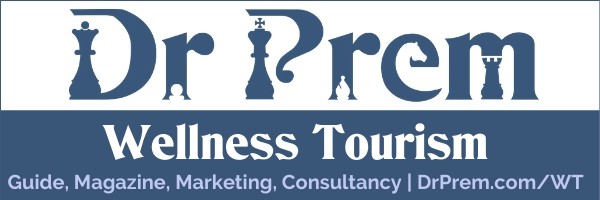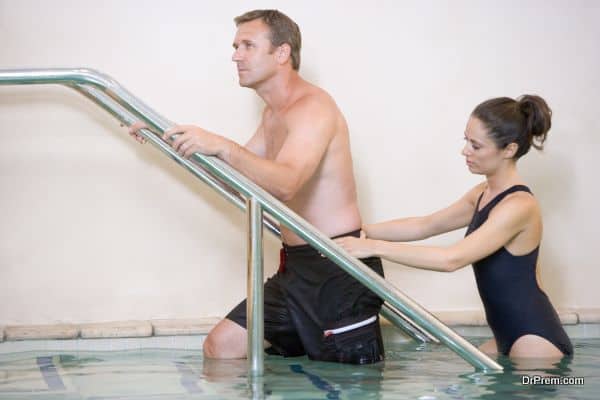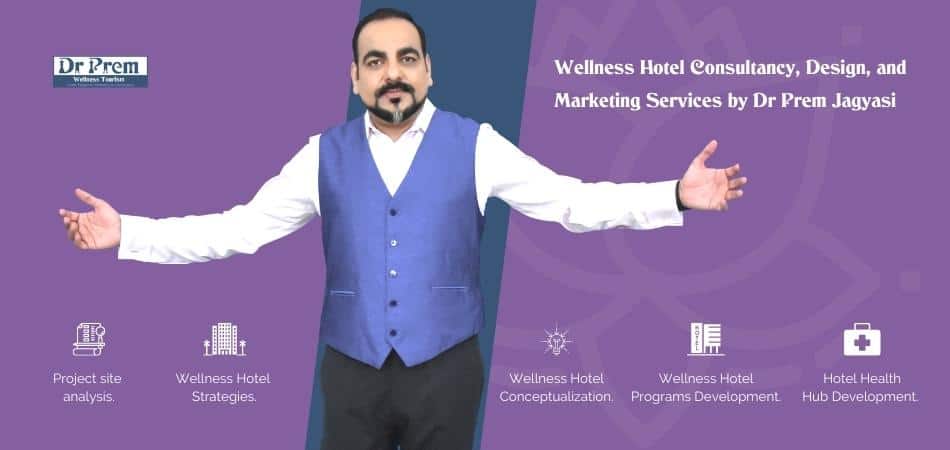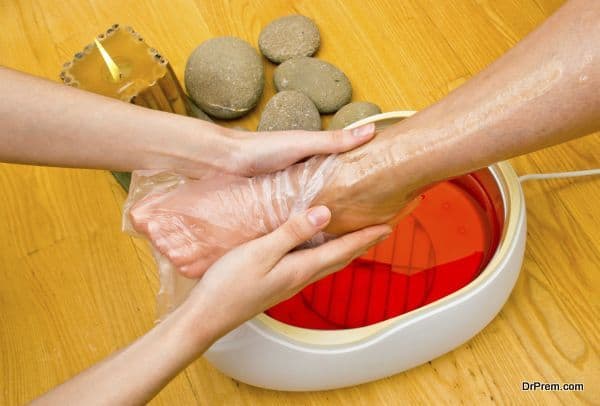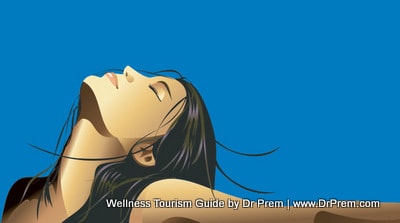Safety and legal issues
Many people believe that alternative therapies are safer than conventional treatments because of the conception that they are natural; the belief is not always true. Many safety and legal issues surround the use of complementary therapies that all potential wellness and health tourists should keep in mind. Several studies have shown that a variety of herbal medication can produce serious side effects. Moreover, since this field of medicine is not well regulated and monitored by health associations, it is prone to safety issues. Several proponents of conventional medicine claim that medicines, or herbs used to treat certain medical conditions are not prepared in sterile environments and aren’t always safe for human use and consumption.
In addition, there is often no legal requirement that has to be fulfilled by a therapist, before he/she can start practicing. Relying on several alternative medicines alone can hence delay a person’s diagnosis and conventional treatment, which can lead to serious complications.
Several patients undergoing an integrative therapy are not well-informed about the drug reactions to some herbs. Some herbs can react with over-the-counter prescription drugs and the reaction can lead to serious complications.
To know more on the safety and effectiveness of CAM practices, you can always refer to NCCAM website. While some therapies, such as yoga and meditation are quite safe, others may lead to some side effects too. This happens especially in the cases when tourists choose an unproven CAM therapy. Since FDA does not regulate herbal medicines and other CAM therapies, many people do not prefer to put money and efforts in the non-regulated treatments.
In order to maintain transparency, it is important for the wellness tourism industry and other business, like hotels, spas and wellness centers to make substantiated claims only. Transparency is the practice of making all data available to the public and not having any secrets from the paying consumer. Within the realm of transparency, the data made public should be properly explained and understandable to an average consumer.
As the popularity of wellness tourism increases, many safety concerns have cropped up in the recent times. The major safety concerns with complementary medicine are as follows.
- How toxic is the product used in the therapy?
- What are the guaranteed benefits of a particular CAM therapy?
- Is the CAM practitioner skilled and trained?
- What are the potential side effects of using complementary medicine?
- Mislabeling and misapplication of a particular complementary therapy
- Interference of a particular CAM treatment with conventional prescription drugs
Mislabeling concerns
In simple terms, mislabeling refers to label a product or service erroneously or in a misleading way. Mislabeling is a serious concern for the complementary medical tourism industry. For example, a bottle of a specific herbal medicine might not actually contain that herb or might not be genuine. There have been so many cases where the actual product was not the same as shown on the label.
In many cases, a product’s label does not list the potentially toxic ingredients used in the making of that product. While such active ingredients might provide quick therapeutic effects, one cannot overlook the long-term side effects. Another example could be the mislabeling of acupuncture needles. They might not be of the highest quality and sterility standards as described on the label.
There is an utmost need for a regulating body that ensures that the companies involved in this sector maintain some strict quality standards. Mislabeling of products in complementary medicine can create serious problem for wellness tourists who are seeking to benefit their overall wellbeing and health by using such products at the Ayurvedic centers and other wellness centers.
